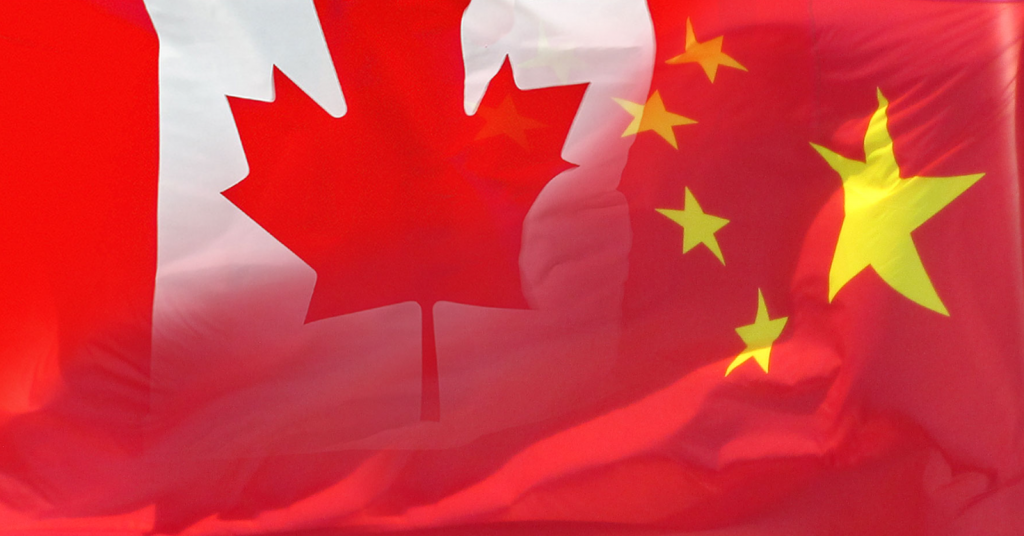Now Reading: How Traveling Changes Our Habits and Thinking
-
01
How Traveling Changes Our Habits and Thinking
How Traveling Changes Our Habits and Thinking

Traveling is often heralded as a way to escape daily routines and experience new landscapes, but its transformative power runs much deeper than mere sightseeing. When we venture into unfamiliar environments, our habits and thinking patterns undergo subtle yet profound shifts. These experiences push us beyond our comfort zones, prompting us to question long-held assumptions and adapt to diverse cultural contexts. For instance, navigating a bustling market in a foreign country or trying to communicate in a language we’re just beginning to learn can challenge our sense of control and patience, nudging us toward more flexible and open-minded attitudes. Traveling also encourages us to adopt new habits—whether it’s practicing mindfulness while watching a sunset in Bali or embracing local customs that differ from our own routines. Moreover, exposure to different ways of life expands our perspectives and nurtures empathy. Witnessing how others live, work, and celebrate can dissolve stereotypes and prejudices we may have unwittingly held. It often prompts a reevaluation of what we consider “normal” or “necessary,” prompting realignment of our priorities and lifestyle choices upon returning home. Many travelers report coming back with healthier habits—such as adopting more sustainable living practices or cultivating a greater appreciation for community and connection—thanks to the insights gained during their journeys. Travel also influences our cognitive processes. It enhances creativity by exposing us to novel stimuli and problem-solving scenarios. When faced with unfamiliar settings, our brains become more adaptable, developing skills like quicker decision-making and heightened awareness. When we navigate a city without a structured itinerary, for example, we engage in active problem-solving and critical thinking that can carry over into other aspects of our lives. Additionally, the emotional experiences tied to travel—such as awe, surprise, or even frustration—can elevate our overall sense of well-being and increase resilience. Furthermore, travel often fosters a shift in time perception. Stark differences in pace and schedules across cultures can alter our sense of time as something to be rushed or savored, leading us to adopt more mindful approaches post-travel. Many people find that they return home with a renewed appreciation for the present moment and a desire to slow down amidst their busy routines. In essence, travel is far more than just a leisure activity; it is a catalyst for personal growth. It invites us to step outside our everyday circumstances and view life through different lenses. The habits we form abroad—be it increased patience, adaptability, or mindfulness—tend to stay with us long after the journey ends. The way we think about the world, our place within it, and our daily routines are forever enriched by the lessons learned during our travels. Ultimately, traveling transforms not just how we see the world, but how we see ourselves within it.
Traveling is often regarded as a delightful escape from the monotony of everyday life, but its influence extends far beyond mere leisure. When we explore new environments, immerse ourselves in different cultures, and encounter unfamiliar customs, the changes we experience often lead to deep shifts in our habits and thought patterns. This process of transformation can profoundly shape who we are, how we relate to others, and how we approach the world around us.
How Moving Through New Environments Sparks Cognitive Flexibility and Inspires Lasting Behavioral Shifts in Our Daily Lives
One of the most significant ways traveling impacts us is by boosting cognitive flexibility—the ability to adapt our thinking and behavior in response to new situations. When we navigate the bustling streets of a foreign city or learn how to use a new transportation system, our brains are actively engaging in problem-solving and adaptability. These experiences compel us to think creatively and develop new strategies, skills that often carry over into our daily routines once we return home.
For instance, someone who learns to use a new public transit system abroad may become more patient and resourceful when faced with transportation challenges locally. Similarly, trying unfamiliar foods encourages open-mindedness and acceptance of diversity, leading us to become more flexible in our dietary habits and social interactions.
Beyond practical skills, traveling also prompts us to question long-held assumptions and societal norms. Exposure to different ways of living broadens our perspectives on cultural practices, gender roles, and community values. As a result, our mindset shifts from a fixed viewpoint to one that appreciates multidimensional viewpoints, fostering empathy and reducing prejudice.
The Role of Travel in Reshaping Habits and Thought Processes
Travel acts as a catalyst for personal growth by pushing us outside our comfort zones. This discomfort, paradoxically, is where transformation begins. Engaging in new activities—like hiking a mountain trail, participating in local traditions, or learning a language—encourages us to develop proactive habits. These experiences inspire us to be more adventurous, curious, and resilient.
Moreover, traveling often fosters mindfulness. When immersed in unfamiliar environments, our attention naturally sharpens, and we become more present. This heightened awareness can lead to better habits related to observation, patience, and appreciation of the moment—traits that often influence our attitude and behavior at home.
In addition, traveling encourages goal-setting and planning. Whether packing for a trip or navigating a complex itinerary, travelers refine organizational skills and discipline. These cognitive processes become ingrained, influencing how we approach challenges and organize our lives after we return.
The Long-Term Impact: Personal and Cultural Transformation
The profound insights gained from traveling are not fleeting. Many travelers report coming back with a richer worldview, a greater sense of cultural appreciation, and an openness to change. These shifts often manifest in everyday life: trying new hobbies, adopting healthier routines, or becoming more environmentally conscious.
Travel also instills a sense of curiosity that keeps us eager to learn and evolve. The exposure to different ways of life can motivate us to incorporate diverse practices into our routines, such as cooking authentic international dishes or supporting local artisans. Over time, these habits foster a more inclusive and adaptable lifestyle.
Conclusion
Traveling is much more than a recreational activity; it is a powerful agent of change that expands our horizons and rewires our habits and thinking. By moving through new environments, we challenge ourselves to think differently, develop new skills, and adopt habits that foster growth and resilience. These transformations often ripple into our daily lives long after the journey ends, encouraging a mindset of continuous learning, empathy, and adaptability. In essence, travel not only enriches our memories but also profoundly shapes our character—making us more open-minded, resourceful, and connected to the diverse world we live in.













